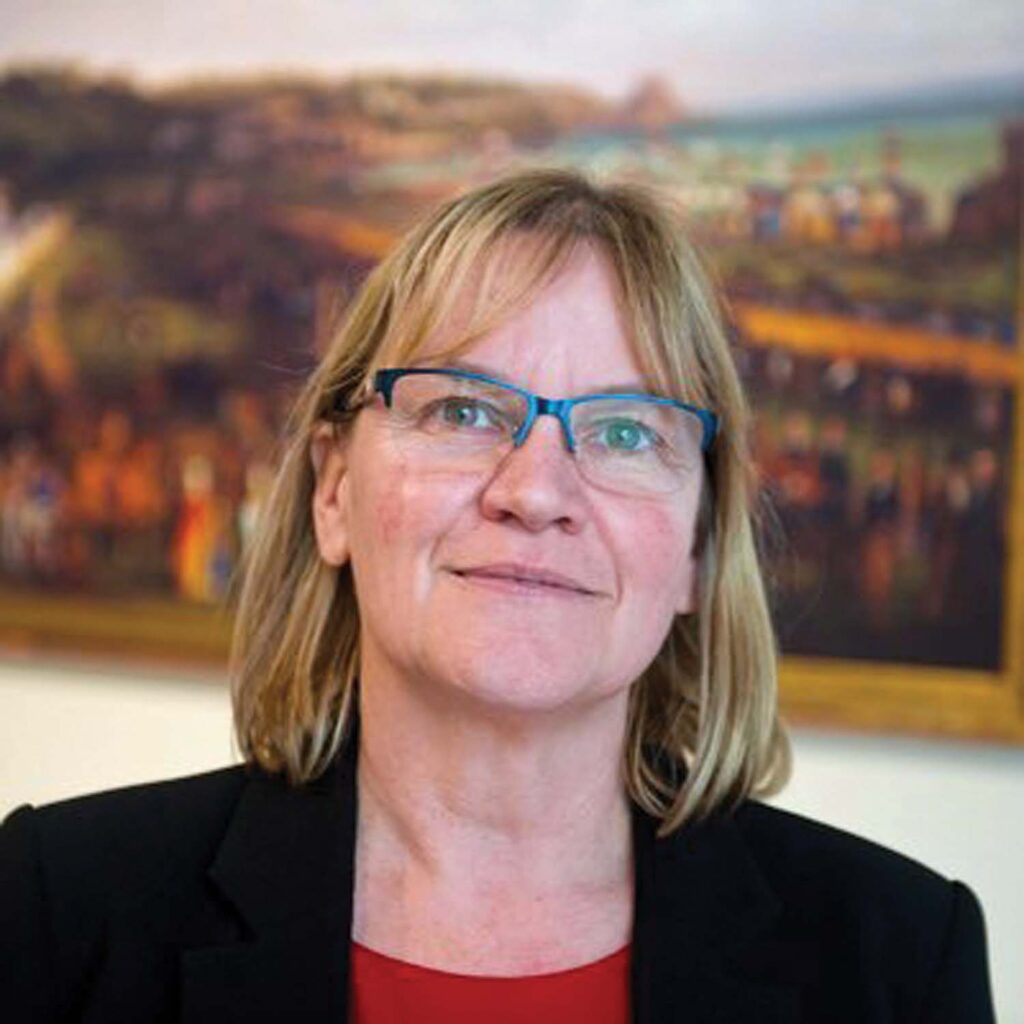Having just spent a month in Australia, I also recommend no TV until the baby is 2 years old, no smartphones in front of the baby, and great support with eating and sleeping.
Australia’s approach is based on the idea of prevention, providing families with tools and knowledge before problems escalate. The Australian Government views these programs as part of its obligation to invest in the future well-being of children and reduce the social costs associated with poor parenting. These programs also help remove the stigma of asking for help as a parent, creating a culture where seeking advice is seen as a responsibility rather than a sign of failure.
Australia, a politically conservative country, is improving its people’s well-being through developing a national network of youth mental health hubs, or by being more proactive about children’s mobile phones and access in the home. It’s interesting that they decided to take a more protective approach. Support provided to all new parents.
The UK government has already introduced a range of policies that intervene to some extent in child-rearing, such as the Child Protection Act, and these policies are generally accepted as necessary to protect vulnerable children. But is this enough, or should the country go further?
I recently attended a conference on the role of professionals in ensuring welfare and safety. The key question was how to move wellbeing from someone’s job to everyone’s job – a ‘village’ of professionals. This issue is interesting in terms of when and to what extent the state should intervene through teachers, social workers, and health workers.
Inherent in this village concept is the idea that caring for children is a responsibility shared by many people. How do we overcome siled, expert-centered approaches when working with families?
How this debate connects to a growing movement among parents in the UK, and how school communities are actively discussing limiting children’s use of social media and technology. , it will be interesting to see how this ties in with a movement where governments are feeling and acting on the need to intervene more proactively.
The question of how much government should intervene in child-rearing ultimately comes down to a question of balance. Providing free parenting classes can be a positive and proactive approach to supporting families and helping children thrive. However, there is a fine line between helpful guidance and unwanted intrusion. When introducing parenting classes, there is a need to be sensitive to concerns about overreach and maintain a focus on voluntary participation and support rather than coercion.
Australia has shown that when done well, such support can be effective in preparing new parents for the challenges ahead.
Deborah McMillan is National Security Partner Facilitator at the DfE

